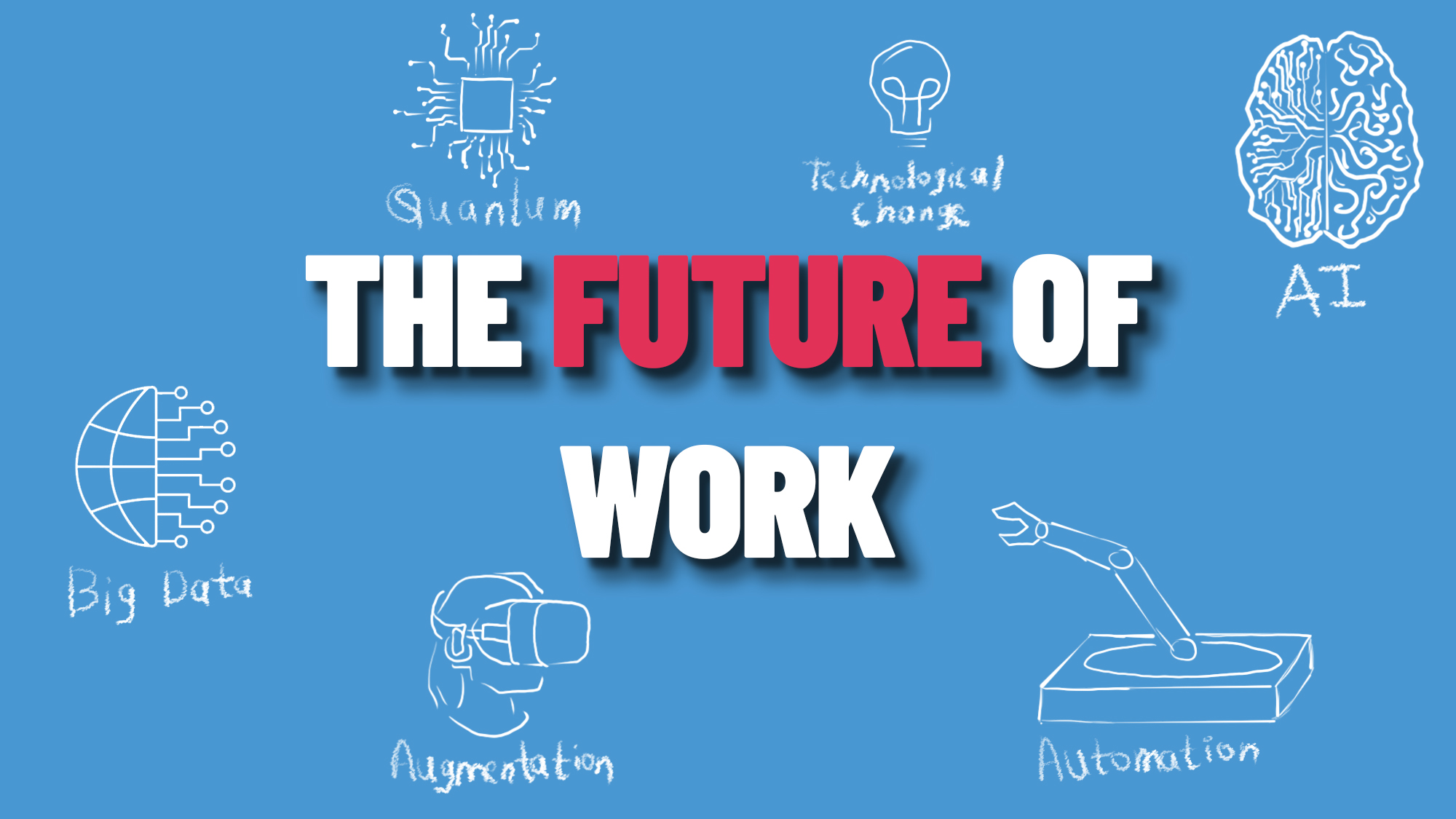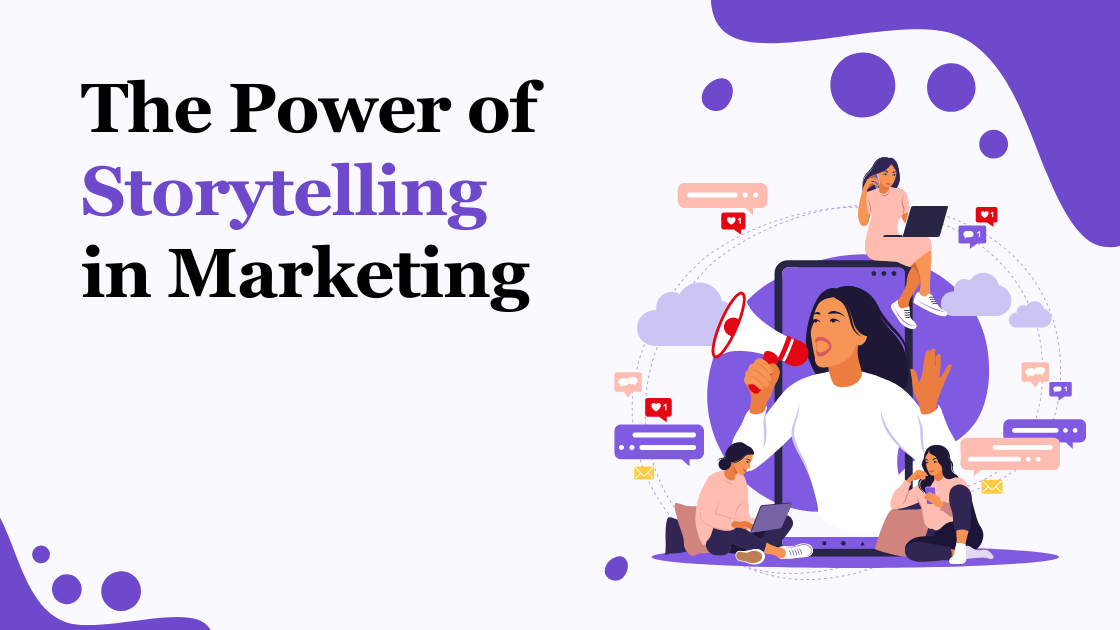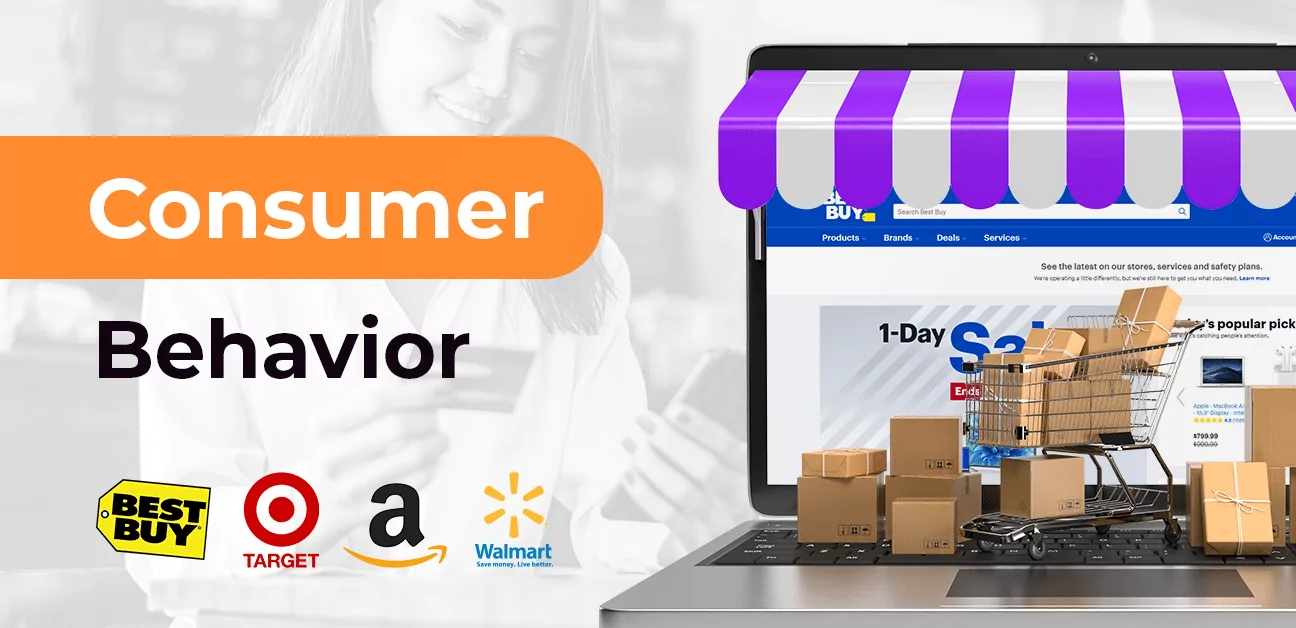The workplace is evolving at an unprecedented pace, driven by technological advancements, shifting societal norms, and economic transformations. As we approach 2025, organizations and individuals must prepare for a future where flexibility, innovation, and adaptability are key. From artificial intelligence and automation to the growing importance of mental health and sustainability, the future of work is being shaped by a diverse range of trends.
In this article, we’ll explore the most significant trends to watch in 2025 and how they’re transforming the way we work, learn, and connect.

1. The Rise of AI and Automation
Artificial intelligence (AI) and automation have already begun transforming industries, and their impact will only deepen by 2025. These technologies are streamlining operations, enhancing productivity, and reshaping job roles across sectors.
Key Developments to Watch:
- AI-Driven Decision-Making: AI tools will become central to strategic decision-making, helping businesses analyze data, predict trends, and optimize processes.
- Intelligent Automation: Repetitive and mundane tasks will be increasingly automated, allowing employees to focus on creative and strategic work.
- New Job Roles: As automation replaces some tasks, new roles will emerge, such as AI trainers, automation specialists, and ethics consultants.
Example: Companies like Amazon and Tesla are already leveraging AI for inventory management, autonomous vehicles, and predictive maintenance, setting the standard for industries to follow.
Impact: While AI will enhance efficiency, organizations must address potential job displacement by investing in upskilling and reskilling initiatives.

2. The Evolution of Remote and Hybrid Work
The COVID-19 pandemic accelerated the adoption of remote work, and its legacy will continue to influence workplace models in 2025. Employees and employers alike are embracing the benefits of flexibility, leading to the rise of hybrid work models.
Key Trends:
- Virtual Collaboration Tools: Advanced platforms like virtual reality (VR) meeting spaces will enable seamless collaboration, making remote teamwork more effective.
- Work-From-Anywhere Policies: Organizations will expand remote work options, allowing employees to work from different cities or countries.
- Redesigned Office Spaces: Offices will transform into hubs for collaboration and innovation rather than traditional 9-to-5 workplaces.
Example: Companies like Zoom and Microsoft are investing in tools that enhance virtual collaboration, such as immersive VR meetings and AI-powered productivity features.
Impact: Hybrid work will improve work-life balance but require organizations to address challenges like employee isolation and cybersecurity risks.
3. Upskilling and Continuous Learning
With rapid technological advancements, the skills required in the workplace are constantly changing. By 2025, lifelong learning will become a cornerstone of career development.
Key Drivers:
- Digital Literacy: Proficiency in tools like data analytics, coding, and AI will be essential across industries.
- Soft Skills: Emotional intelligence, adaptability, and communication will be highly valued as automation handles technical tasks.
- Microlearning Platforms: Bite-sized, accessible courses offered by platforms like Coursera, LinkedIn Learning, and Udemy will dominate the learning landscape.
Example: Companies like Google and IBM are offering employees access to free or subsidized online learning programs to close skill gaps and prepare for future roles.
Impact: Lifelong learning initiatives will empower employees to remain competitive while helping organizations address skill shortages.
4. Employee Well-Being Takes Center Stage
Employee well-being is no longer a perk—it’s a priority. Organizations are recognizing the link between mental health, productivity, and retention, leading to a greater focus on holistic well-being initiatives.
Well-Being Trends:
- Mental Health Support: Access to counseling services, mindfulness programs, and stress management workshops will become standard offerings.
- Flexible Schedules: Employers will offer flexibility in work hours to support employees’ personal lives and reduce burnout.
- Wellness Technology: Wearables and apps that track stress levels, sleep quality, and physical activity will be integrated into wellness programs.
Example: Companies like Salesforce and Unilever have introduced global well-being initiatives, offering meditation sessions, fitness reimbursements, and mental health days.
Impact: Prioritizing well-being will enhance employee satisfaction, loyalty, and overall performance.
5. Diversity, Equity, and Inclusion (DEI) as a Business Imperative
Diversity, equity, and inclusion are no longer just buzzwords—they’re essential components of a thriving workplace. By 2025, organizations will prioritize DEI initiatives to attract and retain top talent.
Key Areas of Focus:
- Inclusive Leadership: Training programs will emphasize the importance of inclusive leadership styles that foster belonging.
- Data-Driven DEI Efforts: Companies will use data to measure diversity metrics and track progress toward inclusion goals.
- Accessible Workplaces: Technology will play a pivotal role in creating inclusive environments for employees with disabilities.
Example: Accenture’s commitment to achieving gender parity by 2025 showcases how organizations are setting measurable DEI goals.
Impact: A diverse workforce fosters innovation, improves decision-making, and reflects the global marketplace.
6. The Gig Economy and Freelance Workforce Expansion
The gig economy continues to grow, offering workers greater flexibility and employers access to specialized talent. By 2025, freelancing will account for a significant portion of the workforce.
Key Trends:
- Platform Growth: Websites like Upwork, Fiverr, and Toptal will expand, connecting freelancers with global clients.
- Benefits for Freelancers: Companies will partner with platforms to offer freelancers benefits like health insurance and retirement plans.
- Specialized Gigs: Demand for niche skills in areas like UX design, blockchain development, and cybersecurity will drive gig opportunities.
Example: Platforms like Toptal are already connecting top-tier talent with organizations for short-term, high-impact projects.
Impact: The gig economy will reshape traditional employment models, emphasizing flexibility and project-based work.
Business and Life Transformation – Training Guide 1 –![]()

7. Sustainability in the Workplace
Sustainability is becoming a key driver of business strategy, with organizations integrating environmental, social, and governance (ESG) principles into their operations.
Sustainability Trends:
- Green Offices: Eco-friendly designs with energy-efficient systems and renewable energy sources will become standard.
- Remote Work for Sustainability: Reduced commuting and office energy use will lower carbon footprints.
- Sustainable Supply Chains: Companies will prioritize suppliers that align with their sustainability goals.
Example: Tech giants like Apple and Google are committing to achieving carbon neutrality in their operations and supply chains by 2030.
Impact: Sustainability initiatives will attract environmentally conscious employees and customers, enhancing brand reputation.
8. The Role of Advanced Technologies
Emerging technologies will redefine how work is done, with significant implications for productivity, innovation, and employee experience.
Emerging Technologies:
- Blockchain: Beyond cryptocurrency, blockchain will improve transparency in supply chains and secure sensitive data.
- Edge Computing: Decentralized data processing will enable faster decision-making and enhanced security.
- 5G Connectivity: Faster internet speeds will unlock new possibilities for remote work, virtual reality, and IoT devices.
Example: Companies are leveraging blockchain to streamline contract management and ensure secure financial transactions.
Impact: Advanced technologies will enable smarter workflows and drive innovation across industries.
9. Enhanced Employee Experience
Employee experience will become a critical focus, as companies strive to create environments where employees feel valued and engaged.
Strategies for Improvement:
- AI-Driven HR Tools: Personalized onboarding, career development plans, and performance reviews will enhance the employee journey.
- Feedback Mechanisms: Real-time feedback tools will ensure that employees’ voices are heard and acted upon.
- Gamification: Incorporating game-like elements into training and productivity tools will boost engagement.
Example: Companies like Deloitte use gamified learning platforms to train employees and enhance retention.
Impact: A positive employee experience will increase retention, improve morale, and drive company success.
10. Cybersecurity and Digital Ethics
As workplaces become more digitized, cybersecurity and ethical concerns will take center stage.
Key Focus Areas:
- Data Privacy: Companies must comply with stricter regulations and protect employee and customer data.
- AI Ethics: Transparent AI algorithms and ethical guidelines will be critical for maintaining trust.
- Cybersecurity Training: Organizations will invest in educating employees on best practices to prevent breaches.
Example: Microsoft is leading the charge in AI ethics by establishing principles and policies for responsible AI development.
Impact: Addressing cybersecurity and ethical concerns will safeguard businesses and build trust in digital tools.
Preparing for the Future of Work
To succeed in the workplace of 2025, organizations and employees must embrace change and prioritize adaptability. Here are key takeaways for preparing for the future:
- Invest in Skills: Stay ahead of technological advancements by continuously upskilling.
- Embrace Flexibility: Adapt to hybrid work models and support employees’ need for work-life balance.
- Prioritize Well-Being: Create environments that foster mental and physical health.
- Adopt Emerging Technologies: Leverage AI, blockchain, and 5G to drive innovation and efficiency.
Conclusion: The Future of Work Is Here
The future of work is a dynamic landscape shaped by technology, culture, and global trends. By understanding and embracing these changes, organizations can position themselves for success, and employees can navigate their careers with confidence.
As we move toward 2025, the workplace will continue to evolve, presenting both challenges and opportunities. The key to thriving in this new era is a mindset of continuous learning, adaptability, and innovation.
This blog provides an in-depth exploration of the trends shaping the future of work in 2025. It’s optimized for SEO and designed to engage readers with actionable insights and practical examples, ensuring relevance for business leaders and professionals alike.
Discover more from Personal Blog of Richard Tong
Subscribe to get the latest posts sent to your email.




